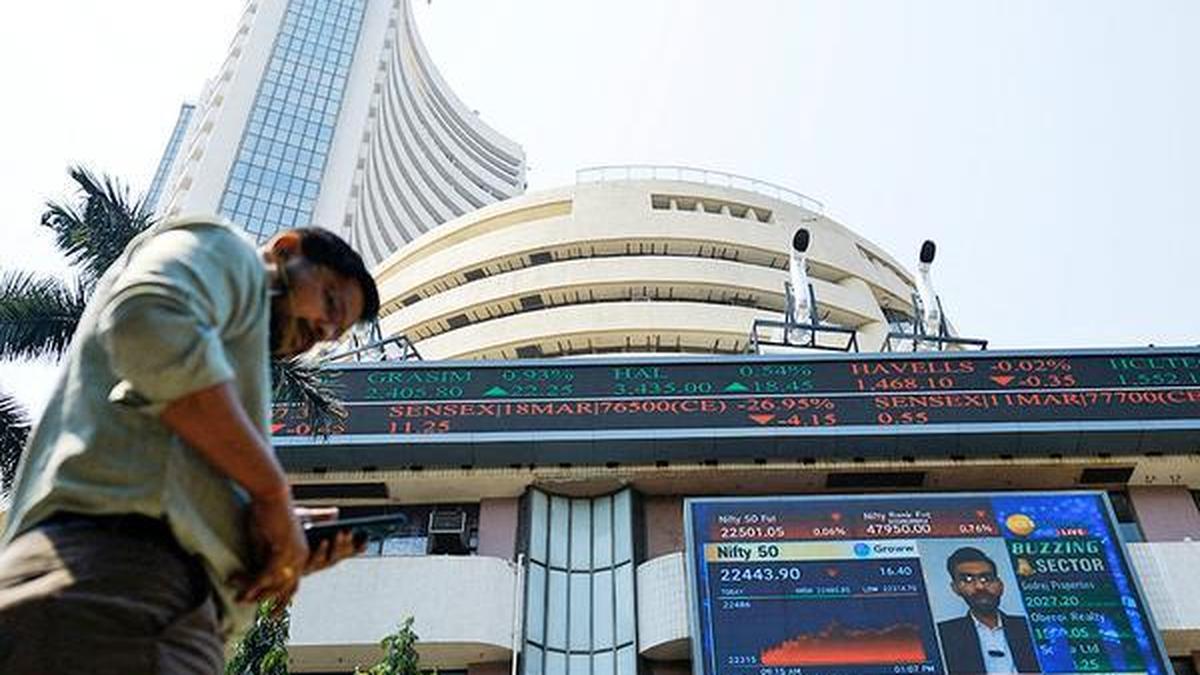HomePersonal Finance NewsSEBI proposes first investment in new mutual fund folios only after KYC compliance
SEBI has proposed a standardised process for opening new mutual fund folios, allowing the first investment only after KYC verification by a KYC Registration Agency. The move aims to reduce errors, improve investor communication, and ensure compliance with regulatory norms.
By Anshul October 23, 2025, 3:58:39 PM IST (Published)
The Securities and Exchange Board of India (SEBI) has released a consultation paper proposing standardisation of the process for opening new mutual fund folios and execution of the first investment. The move aims to address operational and compliance issues arising from incomplete Know Your Customer (KYC) verification at the time of folio creation.
Under the proposal, new mutual fund folios would be allowed to make their first investment only after they are marked as KYC-compliant by a KYC Registration Agency (KRA). Currently, Asset Management Companies (AMCs) sometimes process investments immediately after conducting their internal KYC checks, even before the KRA completes verification.
This can lead to folios being marked as KYC non-compliant later if discrepancies are found, delaying redemption, dividend credits, and investor communications.
The consultation paper notes that KYC-related delays have impacted both investors and AMCs. Investors may face temporary restrictions on further transactions or receive redemption proceeds and dividends late due to incorrect bank account details.
AMCs encounter difficulties in communicating with unitholders and processing payments, contributing to unclaimed dividends and redemptions.
Proposed process:
AMCs will create new folios only after receiving account opening documents and conducting internal KYC verification.
The documents will then be sent to the KRA for final verification.
The first investment can be executed only after the KRA completes KYC verification and marks the folio as compliant.
Investors will be informed of their KYC status at each stage via email and mobile notifications.
The new process is expected to reduce errors and improve compliance, investor communication, and transaction accuracy. However, it may also introduce a slight delay in executing the first investment compared to current practices, as the first transaction will have to wait for KRA verification.
Currently, first investments can be made immediately after AMC-level KYC checks, which are usually completed in 1–2 days, while KRA verification can take an additional 2–3 working days depending on the documents and system updates.
SEBI has invited public comments on the draft procedure until November 14, 2025, through its web portal.
AMCs, KRAs, and other market intermediaries will need to update their internal systems and workflows to comply with the new standard once it is implemented.

 1 month ago
1 month ago







